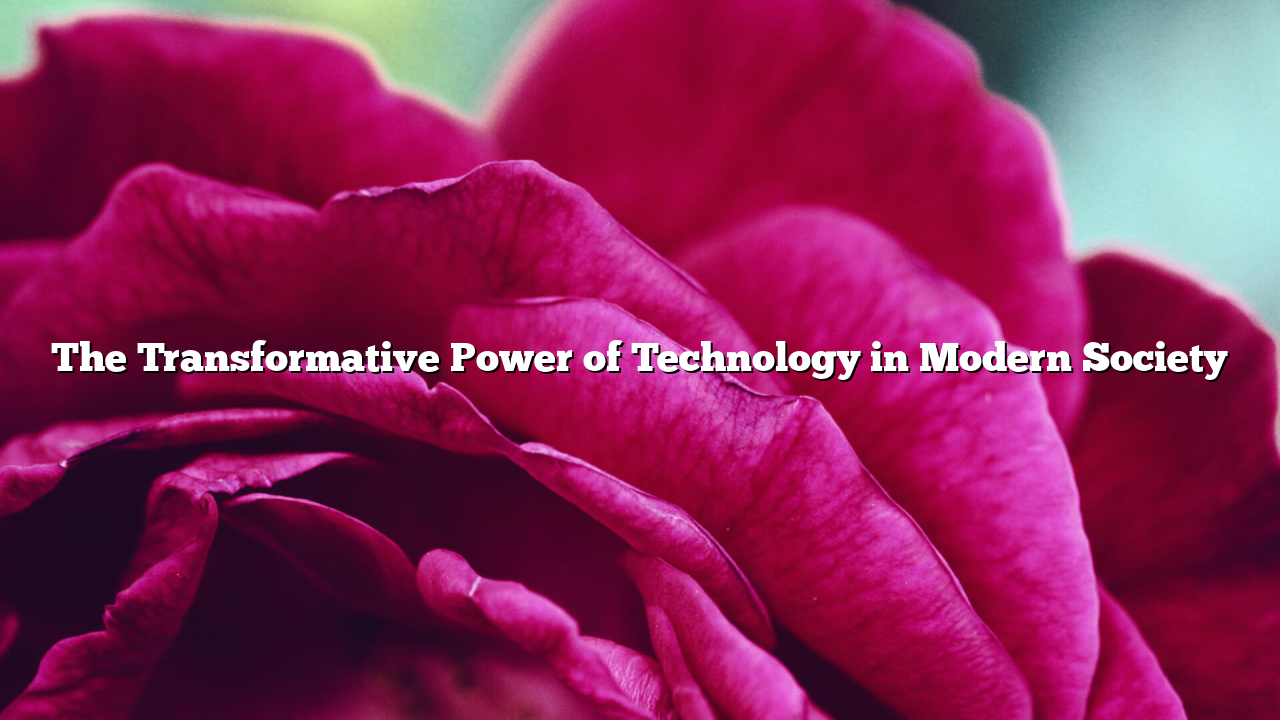Technology has become one of the most defining aspects of modern civilization. From the way we communicate and work to how we travel and learn, technological advancements shape nearly every element of daily life. Over the past few decades, rapid innovation has not only increased kingindo127 convenience but also fundamentally changed human interaction, economies, and cultures across the globe.
One of the most profound impacts of technology can be seen in communication. The rise of smartphones, social media, and instant messaging applications has made the world more connected than ever before. People can now share information, exchange ideas, and maintain relationships across continents within seconds. While this connectivity has brought immense benefits, it has also raised concerns about privacy, digital addiction, and the spread of misinformation. Nonetheless, the ability to bridge geographical gaps highlights the remarkable progress humanity has made in communication technologies.
The workplace has also undergone a dramatic transformation due to technology. Automation, artificial intelligence (AI), and digital platforms have streamlined processes, making tasks more efficient and cost-effective. Remote work, which was once rare, has now become a global norm, supported by video conferencing tools, cloud computing, and project management software. Although this digital shift has improved flexibility and productivity, it also poses challenges, such as job displacement due to automation and the growing need for workers to reskill in order to stay relevant.
In the realm of healthcare, technological advancements have saved countless lives and improved overall well-being. Medical imaging, robotic surgery, telemedicine, and wearable health devices are just a few examples of how technology has revolutionized healthcare delivery. These innovations allow for faster diagnosis, less invasive treatments, and more accessible care for people living in remote areas. The integration of big data and AI into healthcare systems also enables more personalized treatments and predictive analyses, leading to better patient outcomes.
Education is another sector that has been reshaped by technology. Online learning platforms, interactive applications, and virtual classrooms provide students with access to resources that were previously unavailable. Learners can now pursue degrees, develop new skills, and connect with teachers from around the world without leaving their homes. However, this transformation also highlights the digital divide—those without reliable internet access or modern devices are at risk of falling behind in education and future opportunities.
While the benefits of technology are undeniable, society must also address the ethical and environmental implications that come with innovation. The production and disposal of electronic devices contribute to e-waste and environmental damage, while the increasing reliance on data raises important questions about surveillance, digital rights, and cybersecurity. Finding a balance between progress and responsibility is essential to ensuring that technology remains a force for good.
Looking ahead, emerging fields such as quantum computing, renewable energy technology, and biotechnology hold the promise of even more groundbreaking changes. If developed responsibly, these innovations could help solve some of the world’s most pressing challenges, including climate change, disease prevention, and sustainable resource management.
In conclusion, technology is a powerful tool that has transformed society in countless ways. It enhances communication, improves healthcare, reshapes education, and revolutionizes work. However, as humanity continues to innovate, it is crucial to remain mindful of the challenges and responsibilities that accompany technological growth. By embracing innovation while addressing its consequences, society can harness technology not only for convenience but also for the greater good of humanity.
